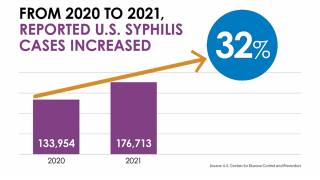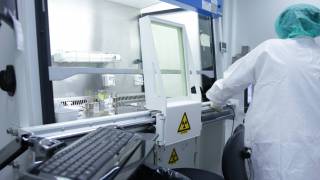Hepatitis B Vaccine Reports Similar Acute Myocardial Infarction Rate

A California based biopharmaceutical company announced that it has filed a report on a cumulative analysis of its post-marketing study of the Hepatitis B Vaccine HEPLISAV-B for review by the U.S. Food and Drug Administration (FDA).
This Dynavax Technologies Corporation study is assessing the rates of occurrence of acute myocardial infarction (AMI) in persons receiving HEPLISAV-B compared with Engerix-B.
The interim report assessed unadjudicated events of AMI. The event rates in this interim analysis were found to be similar between the 2 treatment arms.
And, the independent data monitoring committee concurred that this analysis showed no evidence of an increase in AMI events in the HEPLISAV-B arm.
The study was initiated in August 2018 and will continue through November 2020. Final study results will be reported upon study completion.
This post-marketing study requirement is related to FDA approval of HEPLISAV-B on November 9, 2017.
“These results reinforce our previous clinical data regarding the safety of HEPLISAV-B and support our confidence that HEPLISAV-B can be the emerging standard of care for preventing hepatitis B infection in adults,” commented Robert Janssen, M.D., Chief Medical Officer, in a related press release.
“We are pleased to collaborate with Kaiser Permanente Southern California for their rigorous conduct of this study, and look forward to a scientific presentation of the final data at an appropriate forum in the future.”
Dynavax previously announced the complete accrual of more than 30,000 patients who received HEPLISAV-B and more than 30,000 patients who received Engerix-B in the ongoing post-marketing study.
HEPLISAV-B is an adult hepatitis B vaccine that combines hepatitis B surface antigen with Dynavax’s proprietary Toll-like Receptor (TLR) 9 agonist to enhance the immune response.
Hepatitis B is a viral disease of the liver that can become chronic and lead to cirrhosis, liver cancer, and death. There is no cure for hepatitis B, but effective vaccination can prevent the disease.
In adults, hepatitis B is spread through contact with infected blood and through unprotected sex with an infected person.
The most common patient-reported adverse reactions reported within 7 days of vaccination were injection site pain (23%-39%), fatigue (11%-17%), and headache (8%-17%). And, do not administer HEPLISAV-B to individuals with a history of a severe allergic reaction after a previous dose of any hepatitis B vaccine or to any component of HEPLISAV-B, including yeast.
The Centers for Disease Control and Prevention (CDC) recommends vaccination for those at high-risk for infection due to their jobs, lifestyle, living situations and travel to certain areas.
Because people with diabetes are particularly vulnerable to infection, the CDC recommends vaccination for adults age 19 to 59 years with diabetes as soon as possible after their diagnosis, and for people age 60 years and older with diabetes at their physician's discretion.
Dynavax is a commercial-stage biopharmaceutical company developing and commercializing novel vaccines. For more information, visit www.dynavax.com.
Hepatitis B vaccine news published by Precision Vaccinations
Our Trust Standards: Medical Advisory Committee

























